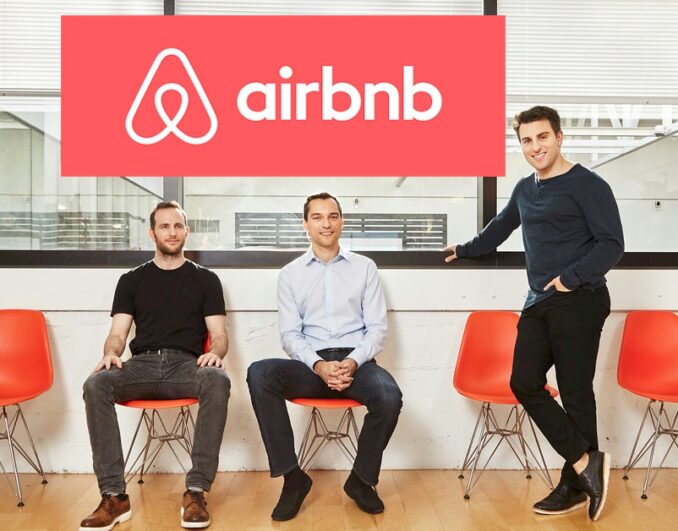If you are like most business or website owners, you’re always looking for ways to increase your bottom line. You may have tried different marketing strategies or even increased your ad budget, but what if there was an easier way? What if there’s a way to increase conversions without having to change anything about your website or product?
Behavioral segmentation is known to be a form of customer segmentation that identifies different types of customers based on their observed behaviors. This type of segmentation can be used to improve conversions by understanding what motivates each type of customer. You can read more about this in an informative blog of Mixpanel.
Let’s take a closer look at how behavioral segmentation works and how it can benefit your business!
What is behavioral segmentation, and how does it work?

Source:optinize.com
Being a business owner, you’re likely familiar with the concept of customer segmentation. This is the process of dividing your customers into different groups based on common characteristics, such as age, gender, or location. Behavioral segmentation takes this a step further by identifying different types of customers based on their observed behaviors.
There are three main steps to behavioral segmentation:
- Identify customer behavior patterns
- Group customers into similar behavior patterns
- Tailor marketing messages to each group
The first step is to identify the customer behavior patterns that you want to target. This can be done by analyzing your website’s data or conducting surveys and interviews with your customers. Once you are done identifying these patterns, you can group customers into similar categories.
The third step is to tailor your marketing messages to each group. This can be done by using customer profiling techniques, such as behavioral targeting or psychographics. By understanding what motivates each type of customer, you can create effective marketing messages that will resonate with them.
The benefits of using behavioral segmentation to grow a business
There are a number of benefits that businesses can reap from using behavioral segmentation:
Improved conversions
Behavioral segmentation allows you to understand what motivates different types of customers and adjust your website and product accordingly. This can lead to increased conversions without having to make any major changes to your business.
Increased ROI
By tailoring your marketing messages to specific groups, you can improve the effectiveness of your marketing campaigns and achieve a higher ROI.
Better customer insights
Behavioral segmentation provides businesses with valuable insights into the minds of their customers. This can help you to create better products and services, as well as improve your marketing strategies.
Examples of how behavioral segmentation can be used to increase conversions
There are so many businesses that have seen success by using behavioral segmentation. Here are a few examples:
Airbnb

Source:blog.logomyway.com
Airbnb used behavioral segmentation to increase conversions on their website. They identified two different types of customers, those looking for accommodation and those looking for travel experiences. They then tailored their marketing messages to each group, resulting in increased bookings from both groups.
Netflix

Source:polygon.com
Netflix is a great example of how behavioral segmentation can be used to improve customer insights. By understanding the behavior patterns of their customers, they are able to create better content that appeals to them. This has resulted in increased viewership and subscriber numbers.
Apple

Source:plataformamedia.com
Apple is another company that has benefited from using behavioral segmentation. They use it to target different types of customers with different marketing messages. This has resulted in increased sales and brand loyalty.
Tips for making the most out of behavioral segmentation
Behavioral segmentation is a powerful tool that can help businesses to increase conversions and grow their business. Below are some innovative tips that will help you make the most out of it:
Identify your target audience
Before you can start using behavioral segmentation, you need to identify your target audience. This involves understanding who your customers are and what motivates them.
Understand customer behavior patterns
Once your target audience has been fully identified, you need to understand their behavior patterns. This can be done by analyzing website data or conducting surveys and interviews with customers.
Tailor marketing messages accordingly
Once you have understood customer behavior patterns, you need to tailor your marketing messages accordingly. This means creating different marketing messages for each group of customers.
Measure results
It is an important factor to measure the results of your behavioral segmentation campaigns so that you can determine their effectiveness. This will help you to make necessary changes and improvements for future campaigns.
Conclusion

Source:sender.net
Behavioral segmentation is a powerful tool that can help businesses to increase conversions and grow their business. By understanding what motivates different types of customers, you can create effective marketing messages that will resonate with them. This can lead to increased conversions without having to make any major changes to your business.
By tailoring your marketing messages to specific groups, you can improve the effectiveness of your marketing campaigns and achieve a higher ROI. Behavioral segmentation provides businesses with valuable insights into the minds of their customers. This can help you to create better products and services, as well as improve your marketing strategies. There are so many businesses that have seen success by using behavioral segmentation.
If you want to give behavioral segmentation a try, then it’s time to do your research!





